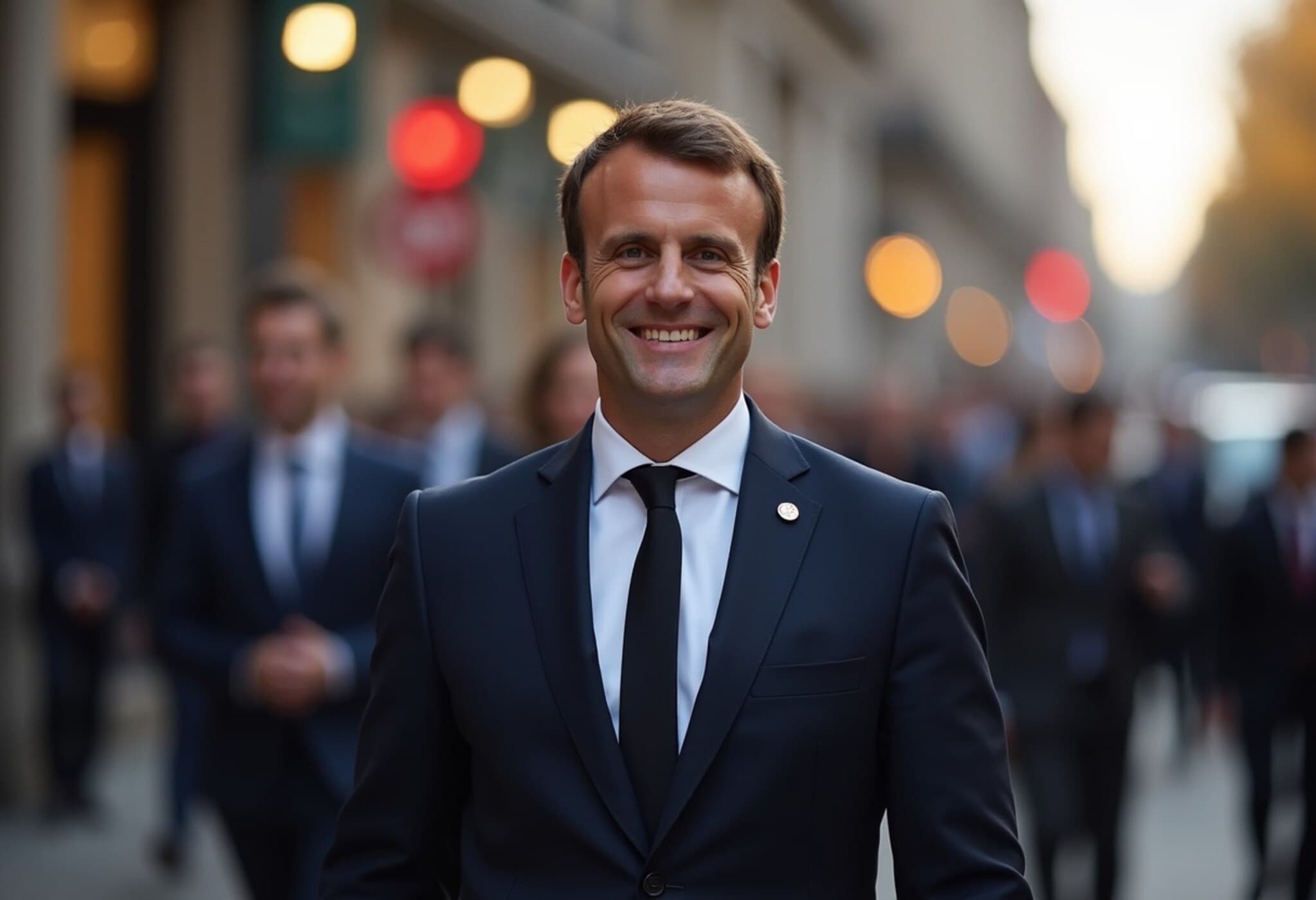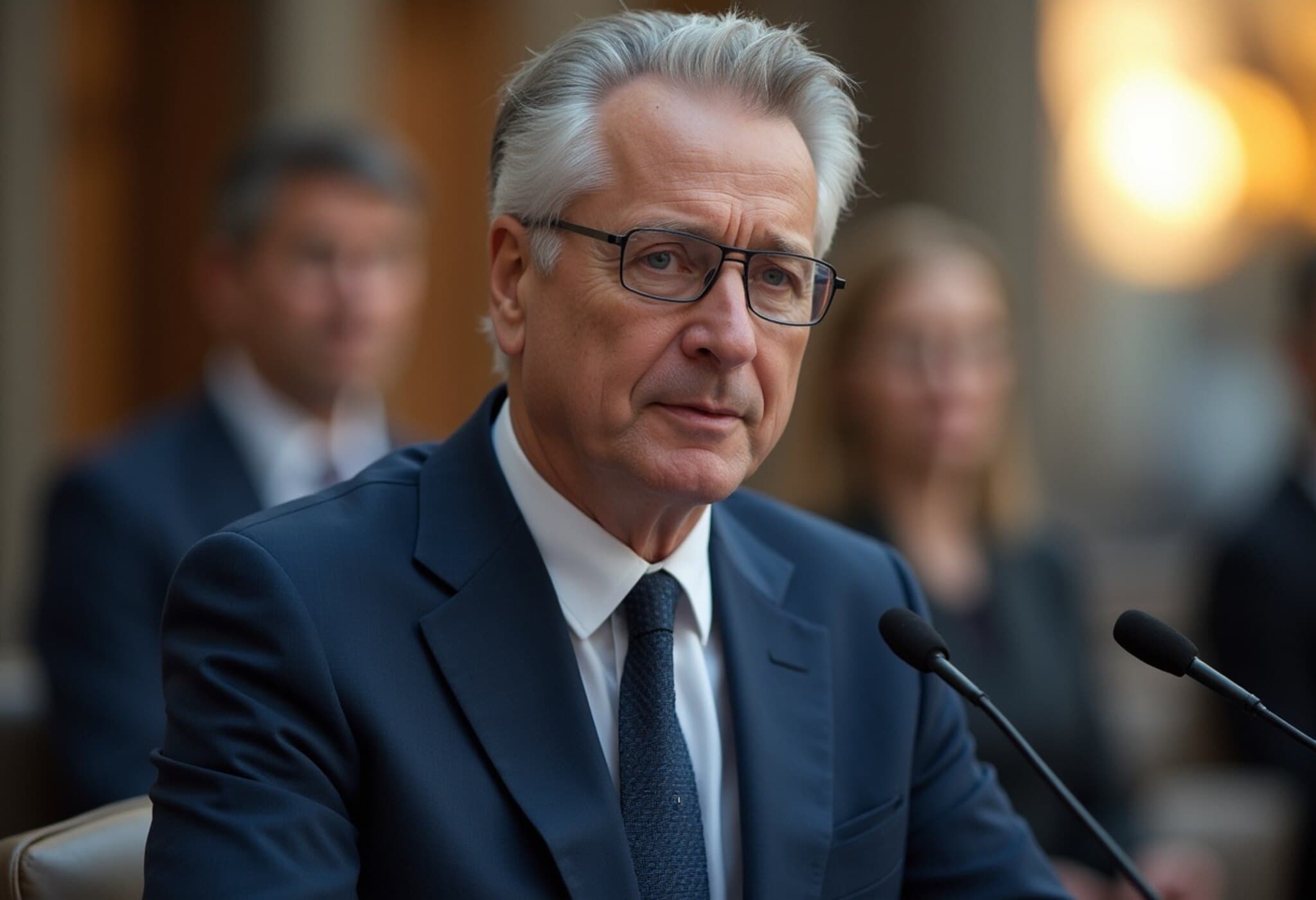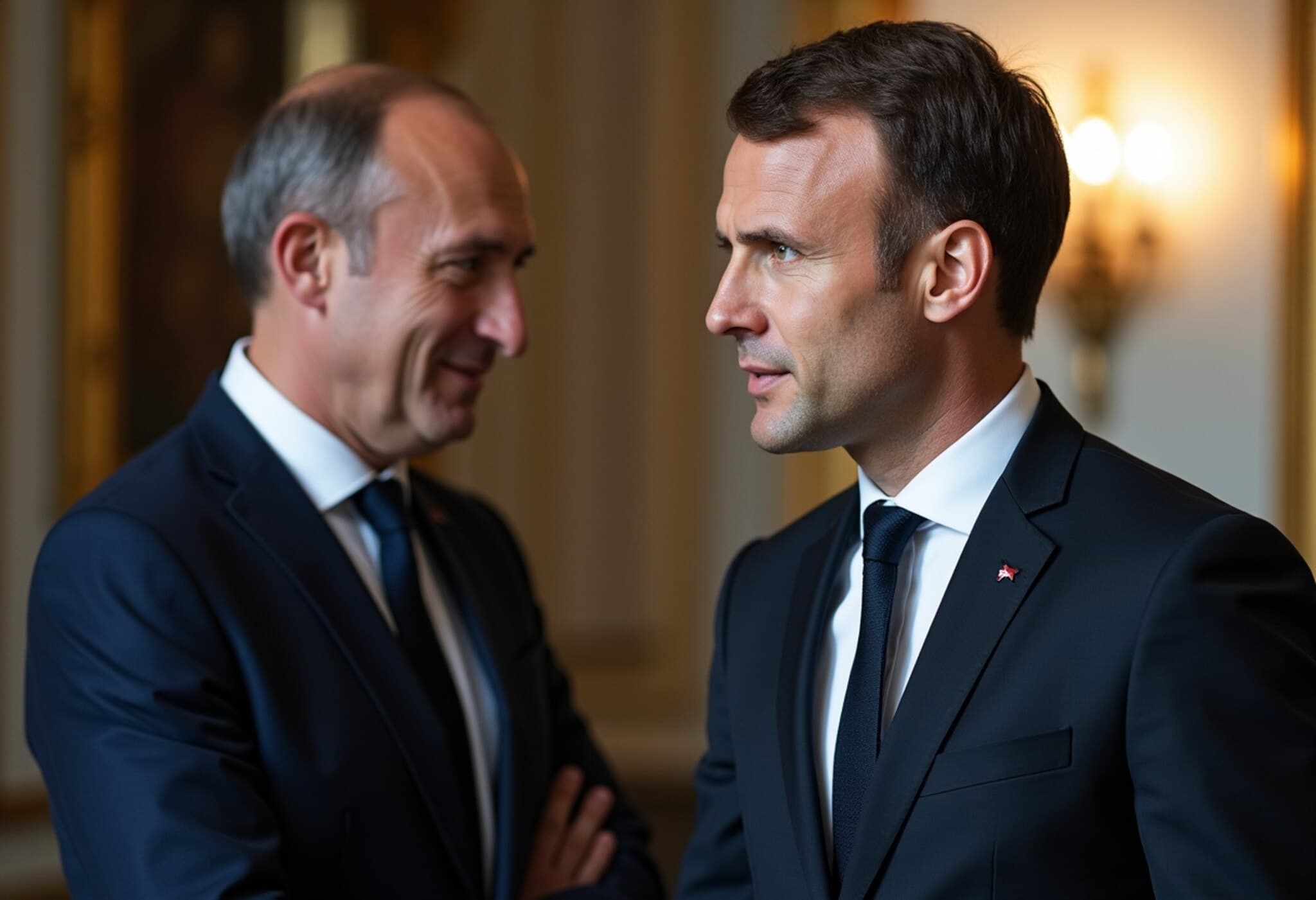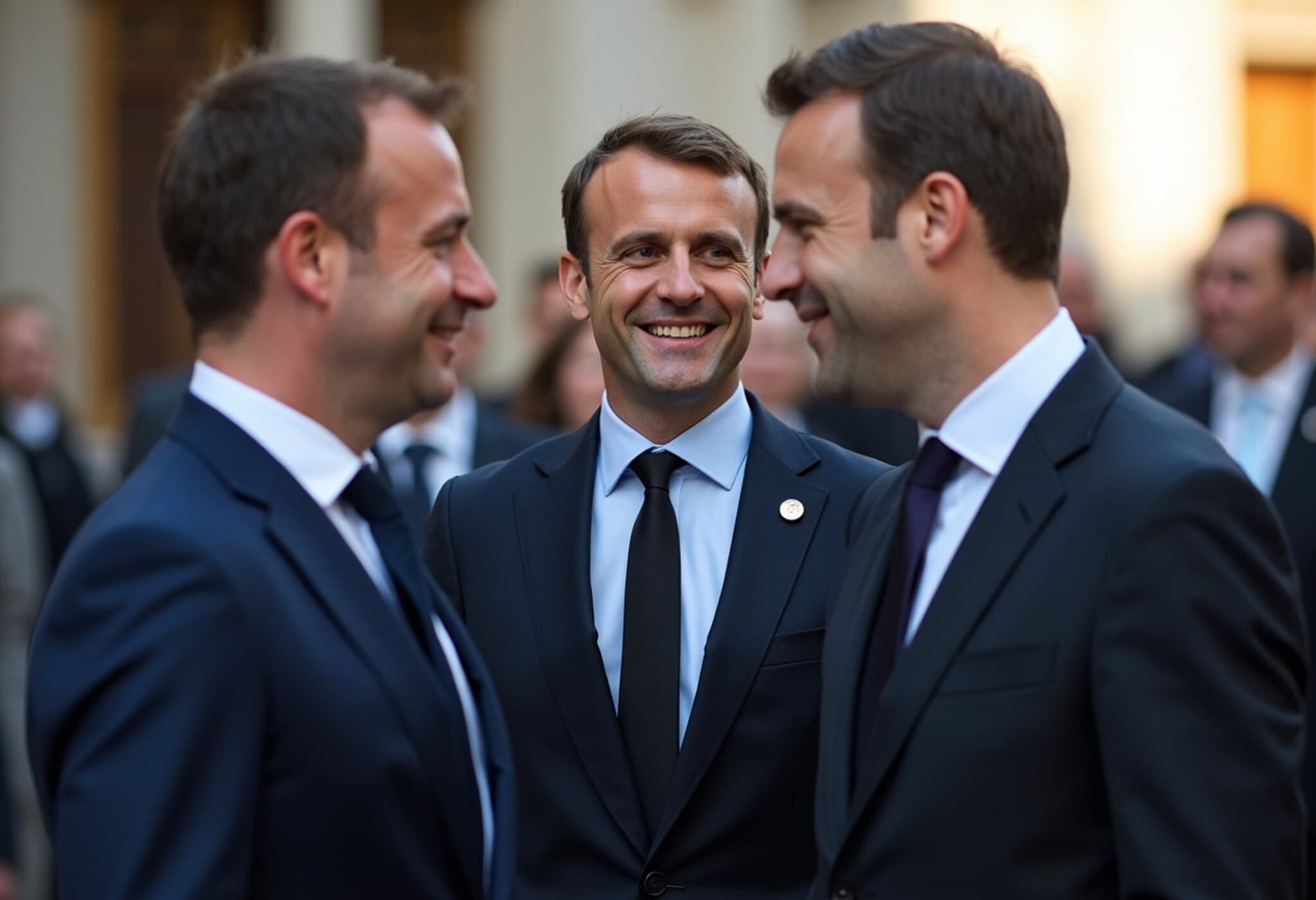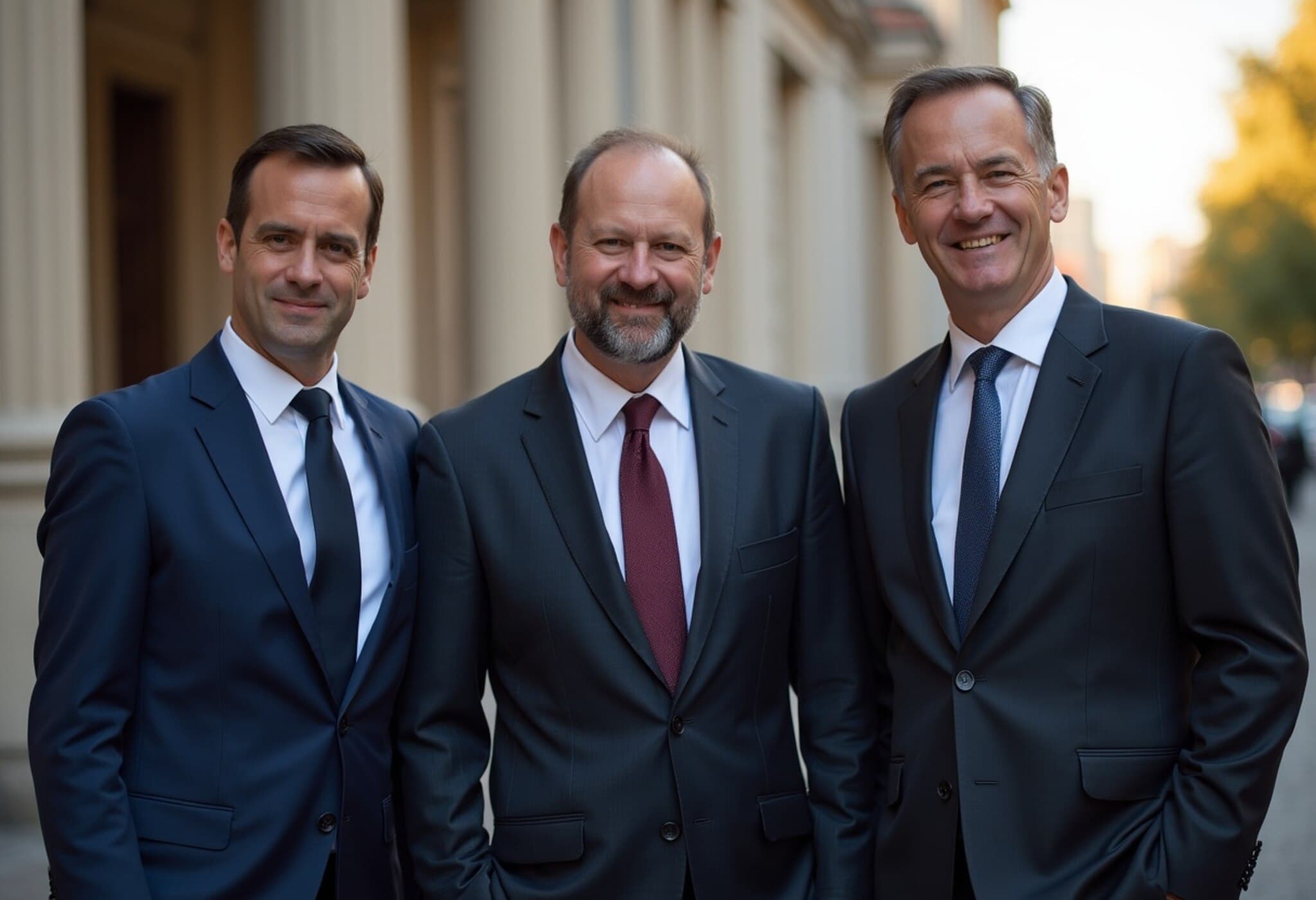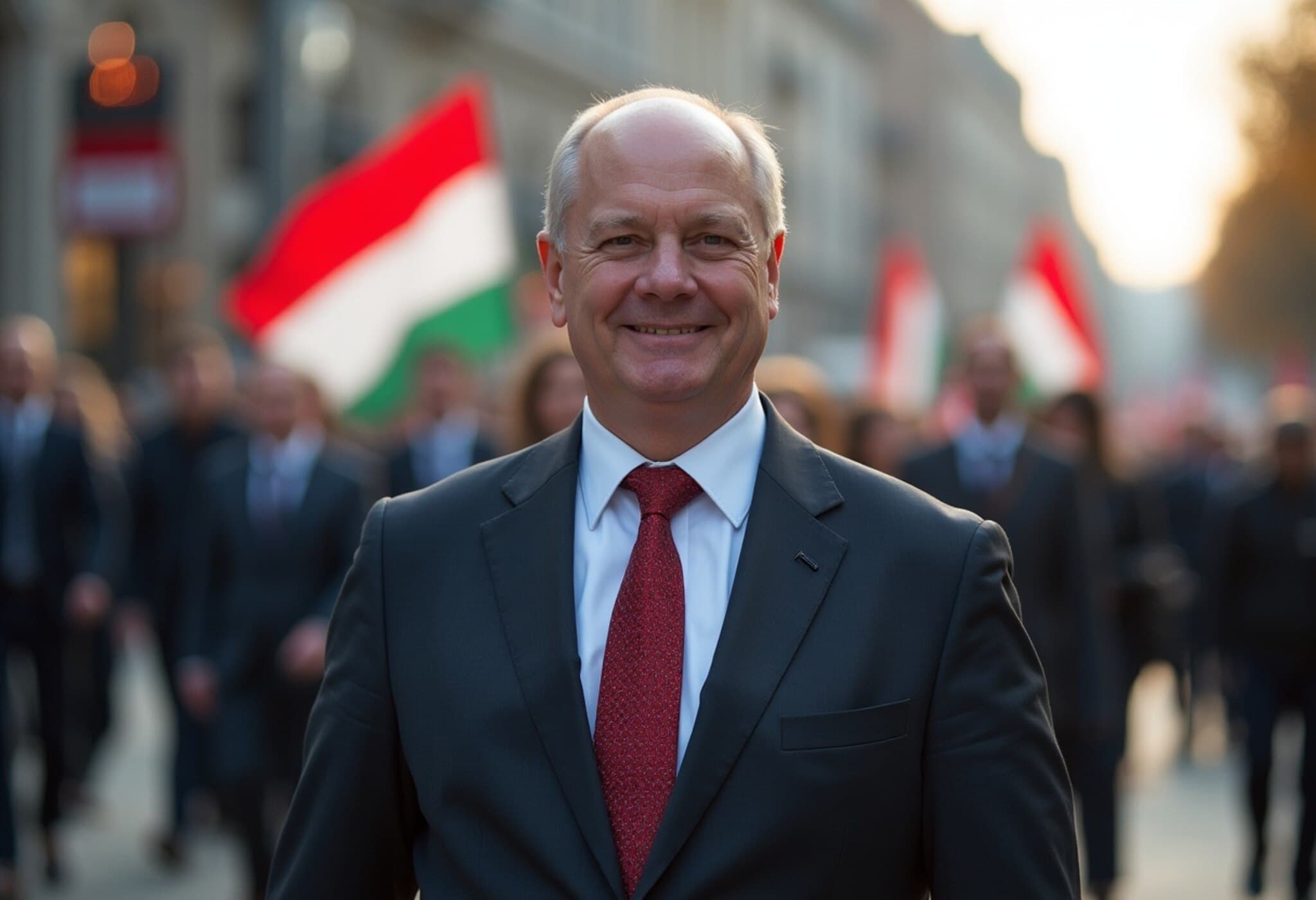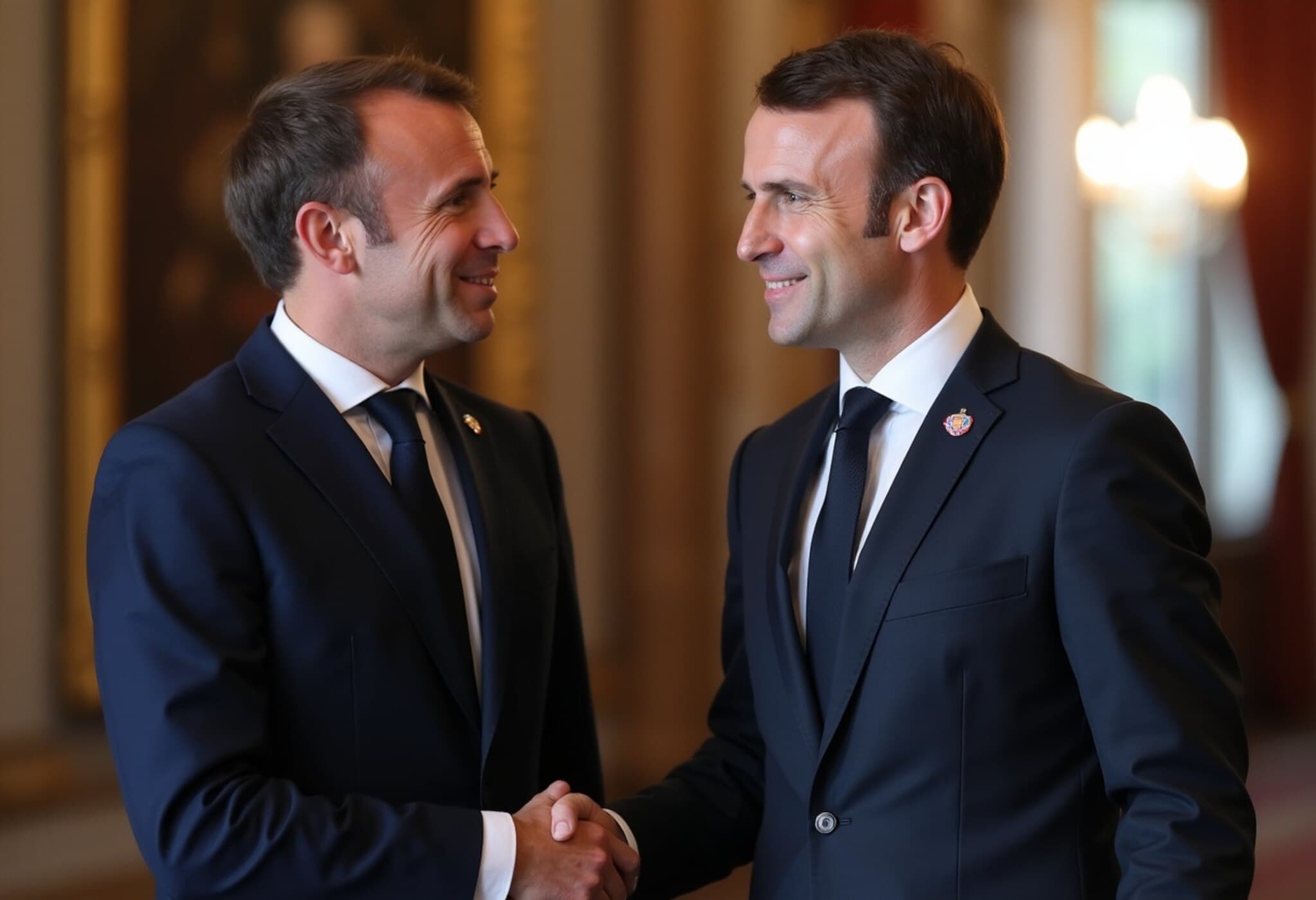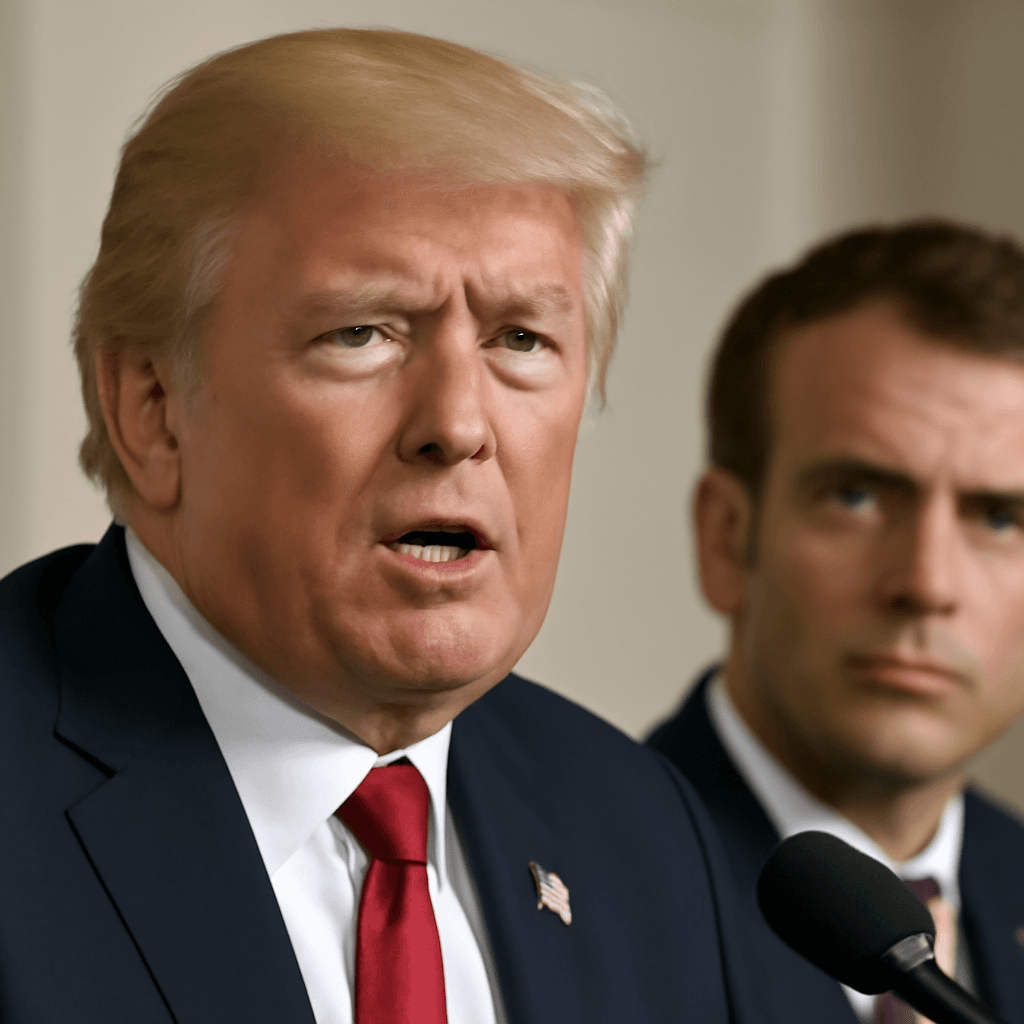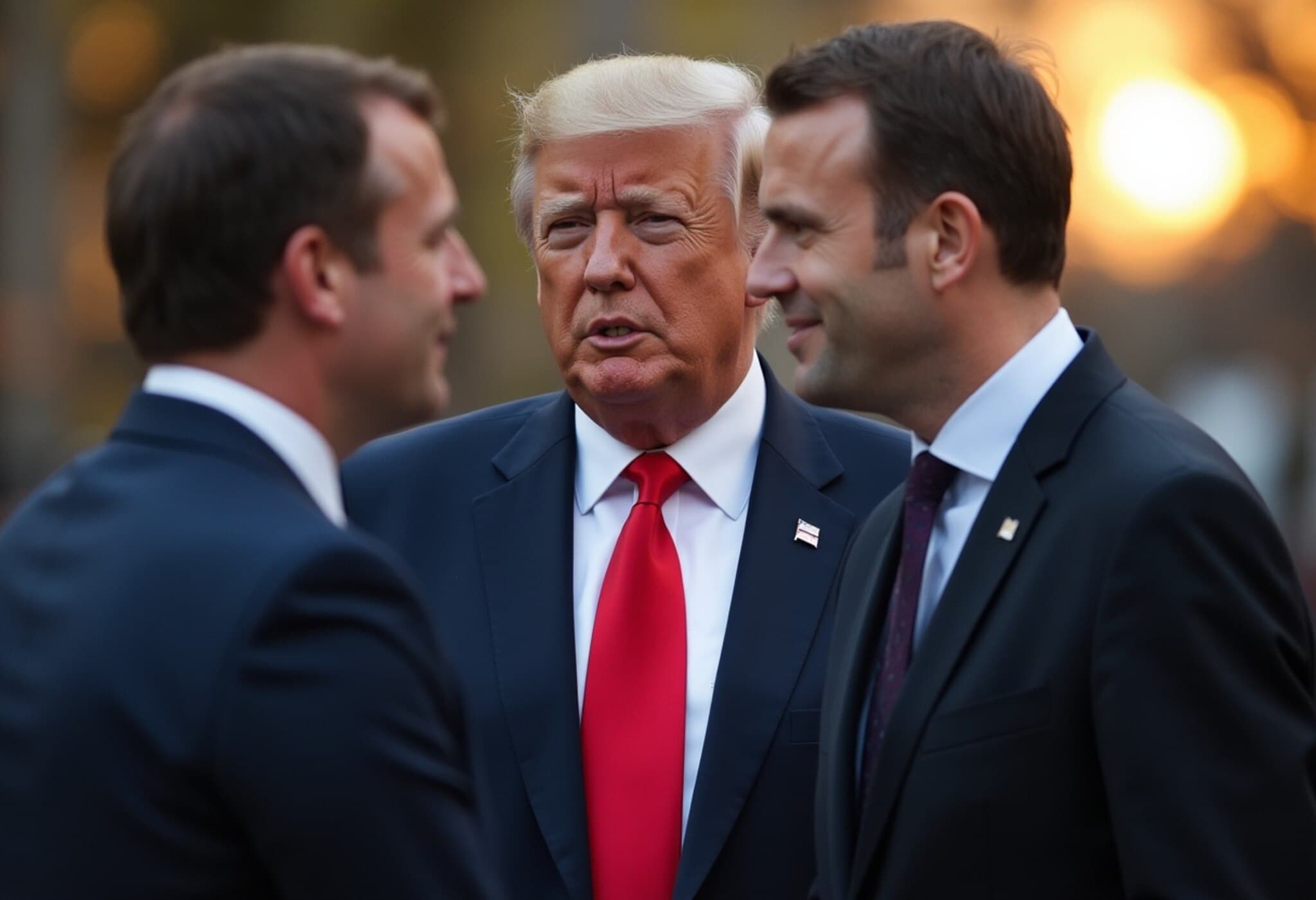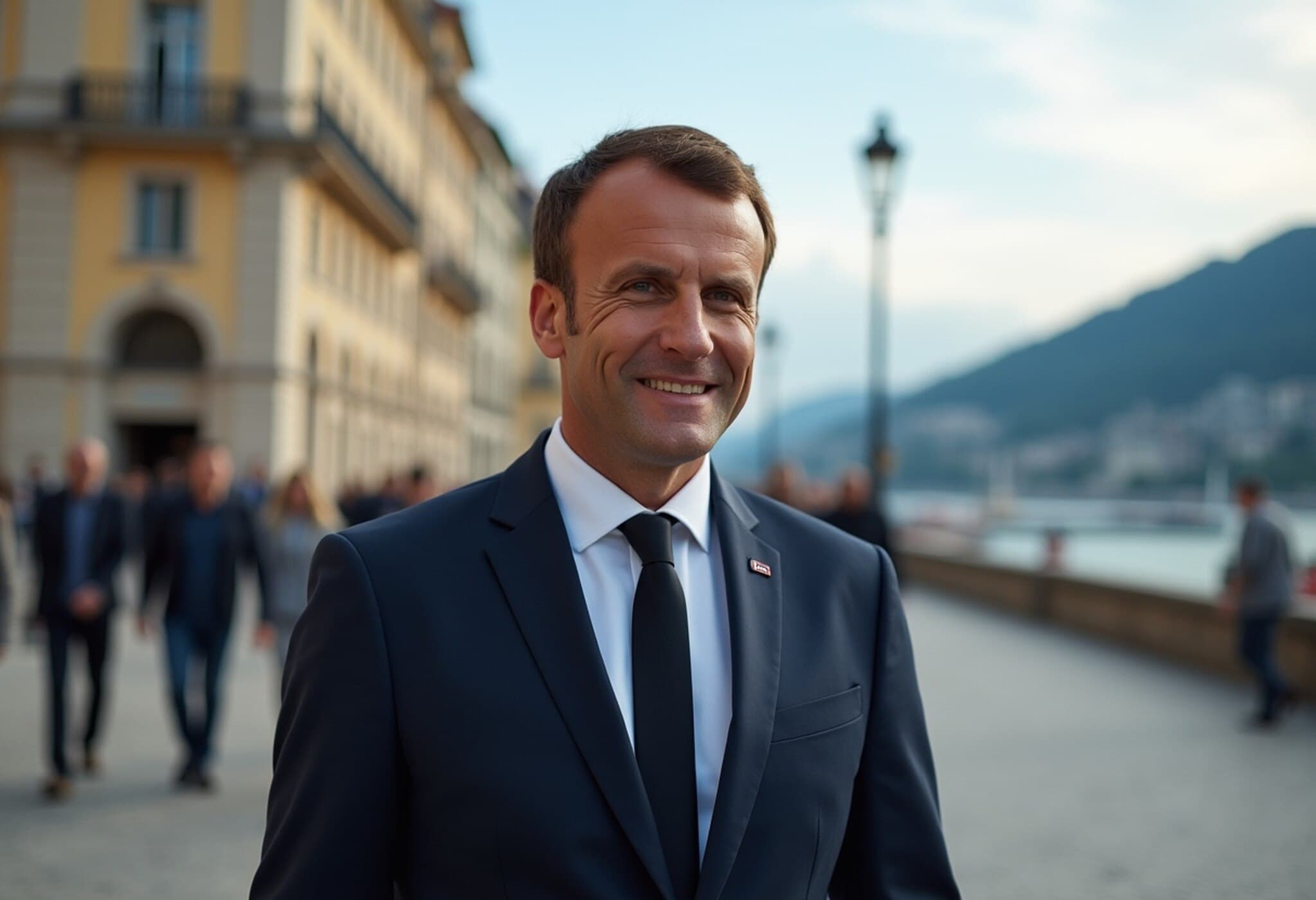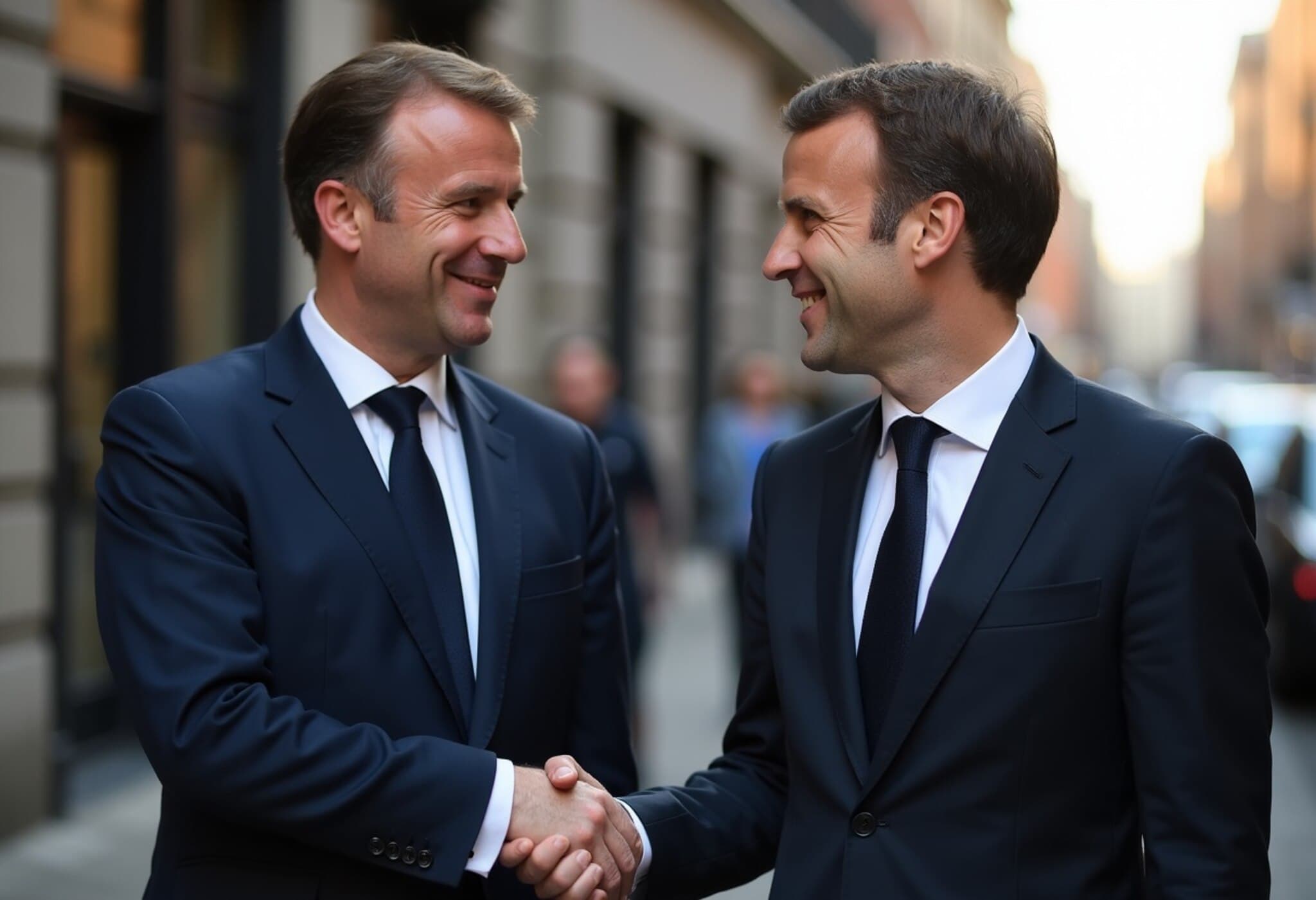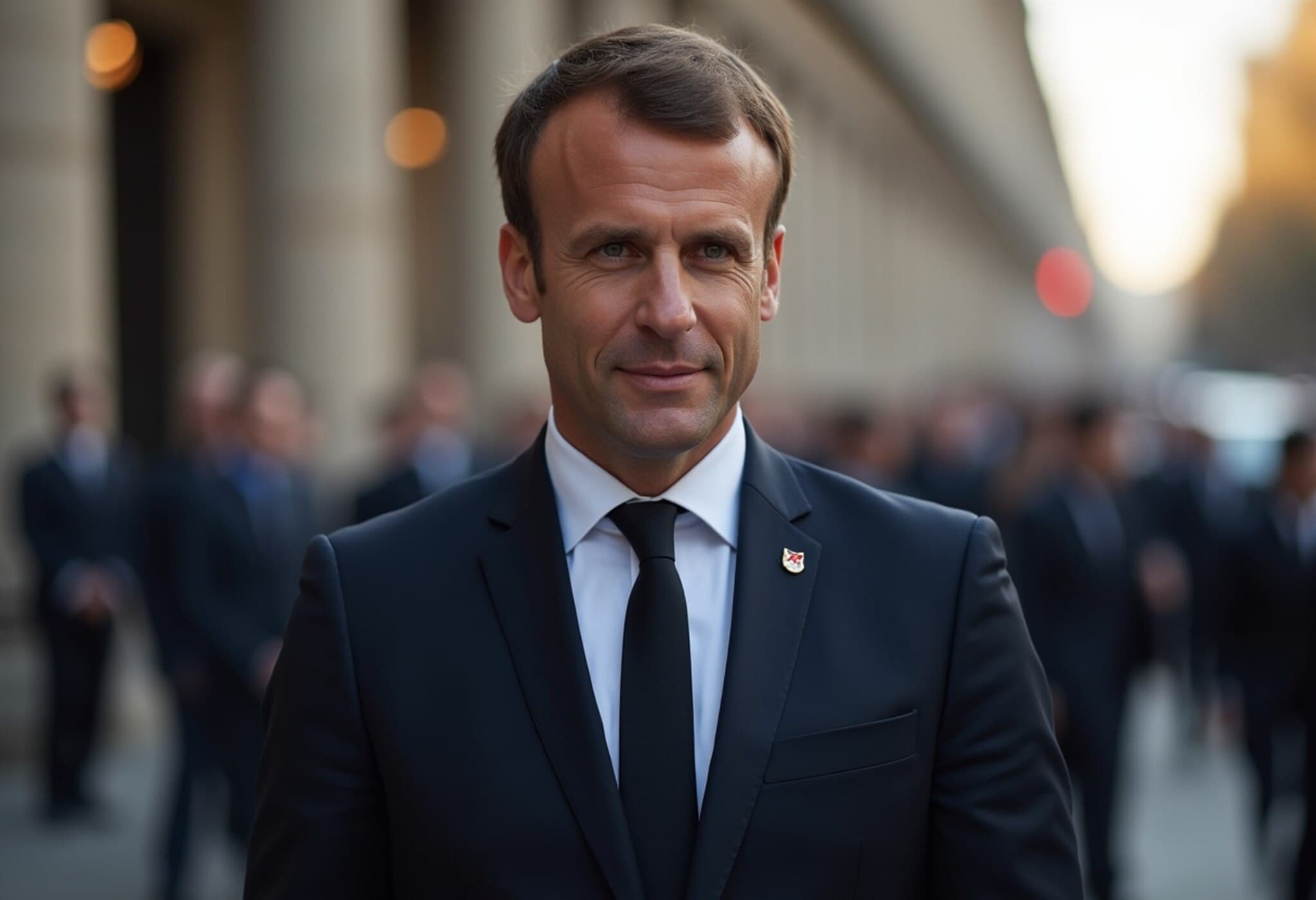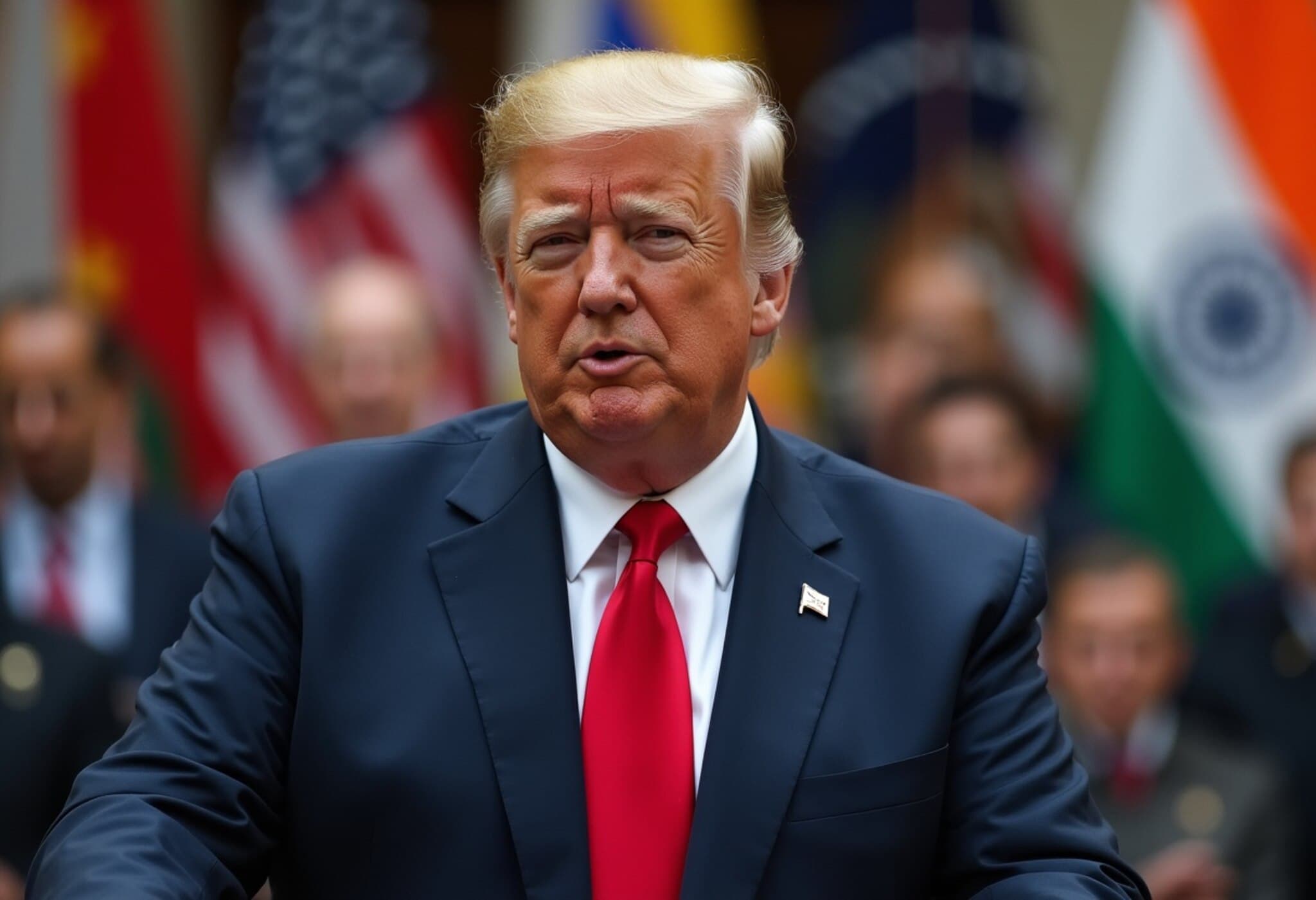Macron Champions Renewed UK-France Alliance Amid Global Uncertainties
In a significant move to reshape Europe’s geopolitical landscape, French President Emmanuel Macron emphasized the urgency of a united front between the United Kingdom and France, aiming to diminish their overreliance on dominant global powers such as the United States and China. This call to unity took center stage during Macron’s rare and symbolic address to both chambers of the British Parliament on July 8, 2025.
A Historic Parliamentary Address Post-Brexit
Macron’s parliamentary speech marked a new chapter in UK-France diplomatic relations, as he became the first European leader to undertake a British state visit since Brexit. Welcomed by King Charles III and Queen Camilla at Windsor Castle, Macron underscored the profound necessity for the two nations to cooperate across several pivotal sectors including defense, immigration, climate change, and trade.
“The United Kingdom and France must once again show the world that our alliance can make all the difference,” Macron declared. He stressed that the mounting global challenges—ranging from geopolitical instability to economic volatility—can only be overcome by a mutual, hand-in-hand approach.
Navigating a Multipolar World: Risks of Dual Dependency
Macron spotlighted the dangers posed by the world’s increasing dependence on the US and China, advocating for strategic economic and societal “de-risking.” This dual dependency, he warned, could expose Europe to vulnerabilities amid shifting international power dynamics. His insight resonates deeply with the ongoing discourse among European policymakers about enhancing sovereignty and safeguarding critical industries.
Opportunities in Collaboration: Education, AI, and Digital Safety
Going beyond mere challenges, Macron outlined constructive avenues for collaboration. He proposed easing cross-border mobility for students, researchers, and cultural figures, strengthening educational and artistic ties. Additionally, he called for joint efforts on emerging technologies like artificial intelligence, alongside shared initiatives to protect children on online platforms—highlighting the modern dimensions of UK-France partnership.
Royal Reception and Cultural Diplomacy
Macron’s warm reception by the British royal family, including a procession through Windsor Castle with key figures such as Prince William and Catherine, Duchess of Cambridge, underscored a renaissance of goodwill. King Charles III is scheduled to echo Macron’s sentiments during a state dinner speech, emphasizing the array of complex threats confronting both nations.
Despite health concerns linked to a burst blood vessel in the King’s eye, the atmosphere remained cordial and forward-looking.
Substantive Deals Reflect Deepening Ties
The bilateral visit also saw the announcement of a substantial £1.1 billion investment by French nuclear firm EDF to develop a new nuclear power station in eastern England, signaling a commitment to sustainable energy cooperation.
Moreover, the historic Bayeux Tapestry is set to travel to Britain for the first time in over nine centuries, in exchange for rare Anglo-Saxon and Viking artifacts loaned to France—symbolizing a rich cultural exchange that transcends politics.
Addressing Migration and Security Issues
Yet, challenges remain, particularly around managing migration across the English Channel. Macron and British Prime Minister Keir Starmer discussed potential agreements to deter dangerous crossings, including a proposed asylum seeker return deal aimed at disrupting human smuggling routes.
With the UK witnessing a record influx of asylum seekers arriving via small boats this year, Starmer’s government faces mounting pressure to find pragmatic solutions within a broader European framework.
France maintains that any asylum agreement should involve the European Union at large, signaling ongoing negotiations are far from straightforward.
Expert Commentary: Why This Alliance Matters Now
From a policy analyst's perspective, Macron's appeal signals more than diplomatic pleasantries—it reflects a strategic recalibration in the face of rising multipolar tensions. Both the UK and France find themselves at crossroads where unilateral approaches may lack effectiveness against global supply chain vulnerabilities and geopolitical friction.
The prospect of joint efforts in technology, security, and energy aligns with larger European ambitions toward autonomy, especially as the US-China rivalry reshapes global alliances.
Critically, this bilateral rapprochement could serve as a blueprint for bridging divides across Europe, encouraging collaboration beyond the EU framework post-Brexit, and fostering stability in an unpredictable era.
Looking Ahead: Questions and Implications
While the visit was marked by optimism, it raises substantive questions:
- How effectively will UK-France cooperation translate into tangible policies that reduce dependency on external powers?
- Can cross-border agreements on migration withstand political pressures from domestic constituencies on both sides?
- What role will this alliance play in broader European efforts to safeguard technological sovereignty and digital safety?
The answers to these will shape both countries’ futures and their place within the evolving geopolitical landscape.
Editor's Note
President Macron’s call for unity with the UK underscores a pivotal moment in European diplomacy—highlighting a shift toward practical collaboration amid global uncertainties. As London and Paris navigate complex issues from nuclear energy investments to asylum policies, their cooperation could redefine post-Brexit Europe’s role on the world stage. It remains crucial, however, to monitor how these ambitions balance with domestic political realities and wider EU dynamics. Readers are encouraged to consider how such bilateral ties might influence future transatlantic relations and global power balances.

